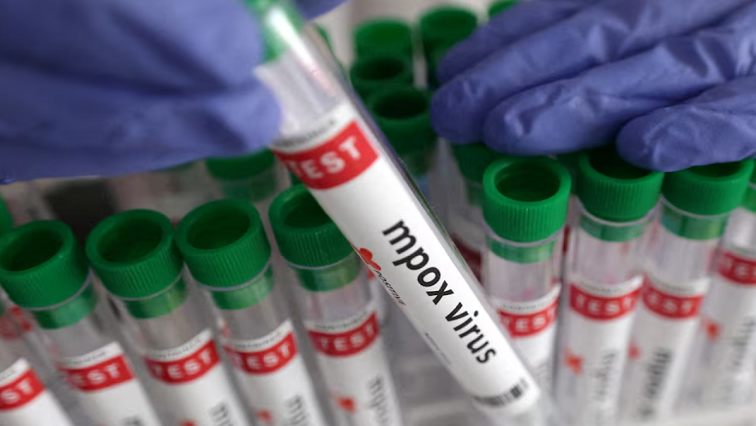-
[File image] Mpox vials
South Africans have been urged to be more vigilant as the new variant of Mpox is said to be highly contagious. Unlike the first variant, which was said to be spread mainly through sexual contact, skin-to-skin contact and sharing of items such as bedding and clothing, clade 1B can be spread through touching, coughing, sneezing and mucus.
So far, the new variant has been reported in seven African countries, including South Africa, where some of the patients had recently traveled to Uganda.
“Don’t panic, but stay cautious,” advises Dr Lior Chernick, an infectious diseases expert at Charlotte Maxeke Academic Hospital.
Chernick says unlike the previous MPOX strain, the new variant has been found to affect women and children as well.
“We have this clade 2B – the historical outbreak from 2022. And we still see occasional cases all over the world. That was predominantly male. There are cases of females that were infected, many of whom were associated with sexual contact, whilst Clade 1b, think of that one more like chicken pox, in the sense that it is more close contact to the people that had lesions that are open, and touching. So, for clade 1b, we seem to see an equal male and female dominance. We also seem to see it in younger people because obviously, kids and hygiene.”
Seven new cases were reported between February and March this year, including the clade 1B variant, which is more virulent and has a fatality rate of more than 10 percent. Experts recommend using 70 percent ethanol to clean affected areas.
Dr. Chernick says that 70% ethanol hand rub is effective for hand hygiene, as it is for other viruses. It disrupts the spread and it’s effective for disinfecting hands, so alcohol hand rub is a good choice.
The department has urged all healthcare facilities to be prepared for an outbreak.
To purchase relevant personal protective equipment and to be prepared to isolate patients who are suspected of having been infected by the disease.
Infection prevention control manager, Dr William Malebati says, “Administrative staff and cleaners should also be trained, because if they are not aware of this disease, they will not be aware of the urgency and will leave a patient for a long time. Cleaners should also be trained and use the right equipment when disinfecting infected rooms.”






